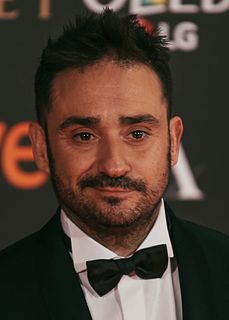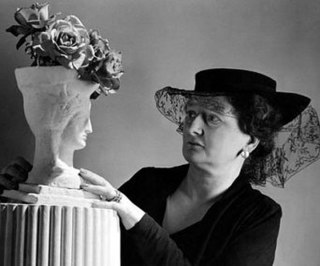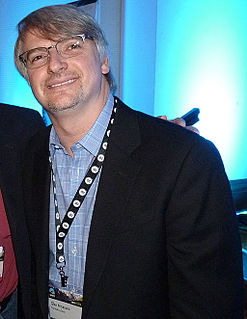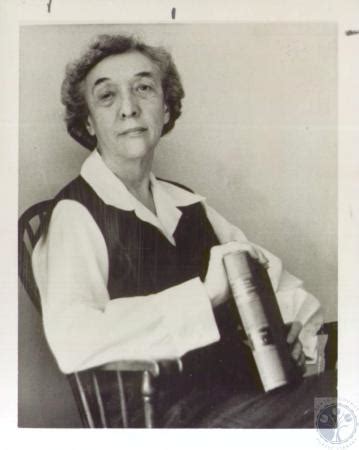A Quote by Michael Dirda
Halloween isn't the only time for ghosts and ghost stories. In Victorian Britain, spooky winter's tales were part of the Christmas season, often told after dinner, over port or coffee.
Related Quotes
During the war one accepted indifferent after-dinner coffee as a necessity, but when, after the war, one sought to find the coffee remembered of days gone by, one found disappointment. I was looking for the rich after-dinner coffee that literally curdled cream if anyone was foolish enough to spoil it with cream.
Legends of the Silver Stallion had been told for years now, whenever mountain stockmen met round the campfires or on the winding hill tracks. Songs were sung about him to the cattle and both songs and tales had become even stranger since his supposed death when he vanished through the wind and the night over a great cliff. Tales kept cropping up of a ghost horse seen, or imagined, roaming over the mountains at night, of stockmen waking in a hut at midnight, hearing the tremendous stallion’s cry which could only be Thowra’s
When we die, these are the stories still on our lips. The stories we’ll only tell strangers, someplace private in the padded cell of midnight. These important stories, we rehearse them for years in our head but never tell. These stories are ghosts, bringing people back from the dead. Just for a moment. For a visit. Every story is a ghost.
My time as showrunner on The Walking Dead has been an amazing experience, but after I finish season three, it’s time to move on. I have told the stories I wanted to tell and connected with our fans on a level that I never imagined. It doesn’t get much better than that. Thank you to everyone who has been a part of this journey.
William Shakespeare was the most remarkable storyteller that the world has ever known. Homer told of adventure and men at war, Sophocles and Tolstoy told of tragedies and of people in trouble. Terence and Mark Twain told cosmic stories, Dickens told melodramatic ones, Plutarch told histories and Hans Christian Andersen told fairy tales. But Shakespeare told every kind of story – comedy, tragedy, history, melodrama, adventure, love stories and fairy tales – and each of them so well that they have become immortal. In all the world of storytelling he has become the greatest name.




































